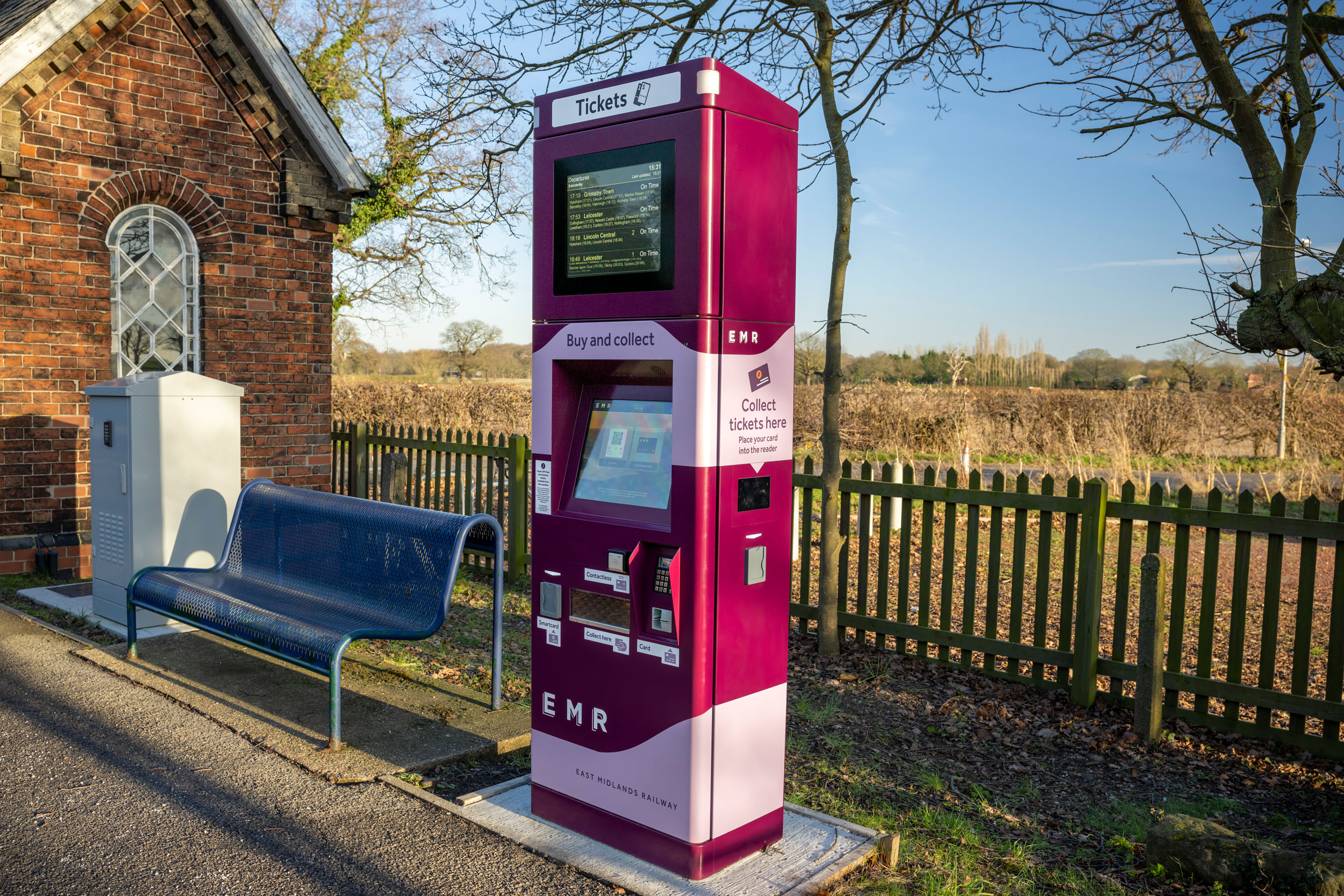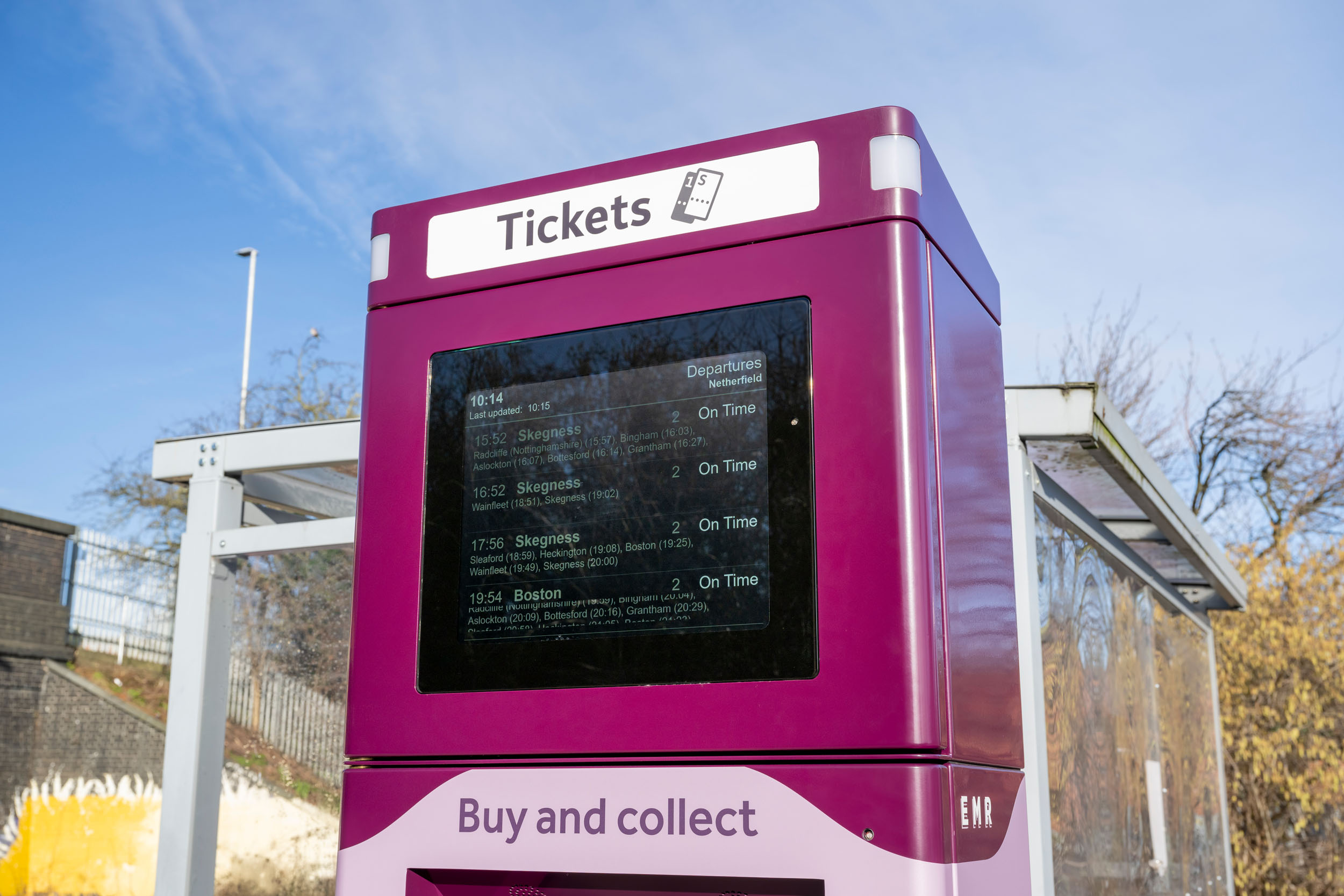
The state of rail ticketing in the UK has once again come under intense scrutiny following a new study by campaign group Transport & Environment (T&E). The research, which analysed over 8,000 tickets across European rail networks, has revealed that UK train fares are consistently the most expensive in Europe, with some routes costing more than two-and-a-half times the European Union average for comparable distances.
The study, which focused on standard second-class fares during weekdays, examined tickets booked both seven and 28 days ahead of travel, while also considering special offers and discounts separately. These findings have reignited debates about the accessibility and fairness of Britain’s rail pricing system at a time when the sector is planning significant changes in a bid to attract more passengers.
The issue of rail fare pricing is further compounded by recent findings from consumer champion Which?. Earlier this year their investigation unveiled a stark difference between online and in-person ticket purchases, with train fares bought online being cheaper approximately three-quarters of the time. Same-day journeys were also found to cost an average of 52% more when purchased from station machines, effectively creating a two-tier pricing system. This price differential particularly impacts elderly passengers, those without internet access, and travellers who prefer the convenience of purchasing tickets at stations.
At the heart of these pricing inconsistencies lies a fundamental issue that has plagued the UK rail network for years: the technological stagnation of Rail Ticket Vending Machines (TVMs). Many of these machines have remained virtually unchanged for two decades, offering only basic ticketing functions that fail to meet the expectations of modern passengers. The limitations of these legacy systems extend beyond just inconvenience – they actively contribute to the pricing disparities that affect millions of rail users daily.
The impact of this technological gap is clearly reflected in passenger experiences. According to travel technology company SilverRail, 20% of travellers regularly struggle to find the cheapest ticket options, while 58% feel overwhelmed by the multitude of ticket choices available. This confusion is even more pronounced among older passengers, with 71% of those aged 65 and above reporting difficulties navigating the system. The complexity of the current ticketing infrastructure not only creates barriers to access but also erodes public confidence in the rail network’s ability to provide fair and transparent pricing.

In light of these challenges, the modernisation of rail ticketing infrastructure has become increasingly urgent. With one-third of all rail tickets – equating to approximately £2.8 billion in revenue – being purchased at stations, the need for reliable, user-friendly systems that guarantee fair pricing has never been more critical. Rail Partners, the industry group representing passenger train and freight firms, argue that “the key to creating more affordable services is attracting more passengers”- with implementing advanced ticketing technology viewed as an important part of realising this goal.
To help overcome these long-standing industry challenges, SilverRail and Cammax have collaborated to develop the UK’s first truly Smart Rail Ticket Vending Machine. This innovative solution integrates SilverRail’s advanced Ticket Issuing System, ‘SilverCore’, with their intelligent UK Journey planner (IPTIS), transforming traditional static machines into dynamic, customer-centric platforms. Unlike conventional TVMs, these Smart machines maintain constant online connectivity, ensuring passengers always have access to the same competitive fares available online, effectively eliminating the price disparity that has long frustrated station users.
The Smart Rail TVM also transcends simple ticket issuance, offering a comprehensive journey planning experience that was previously only available through online channels. Passengers can now plan their entire journey directly from the kiosk, including selecting seat preferences and purchasing tickets for immediate or future travel up to 90 days in advance. The system automatically displays and applies all available discounts, including national railcards and local promotions, ensuring passengers never miss out on cost-saving opportunities. This level of functionality directly addresses the confusion and complexity that has historically deterred many passengers from using station-based ticketing facilities.
Moreover, the integration of optional Customer Information Screens (CIS) provides real-time updates on train schedules, platform numbers, delays, and cancellations. This feature proves particularly valuable at stations without ticket offices or where staff may not always be present, empowering passengers to make informed decisions about their travel plans. The provision of up-to-date information not only enhances the passenger experience but also helps reduce the anxiety and uncertainty often associated with rail travel.
The benefits of Smart Rail TVMs extend well beyond passenger convenience, offering significant advantages to Train Operating Companies (TOCs). East Midlands Railway, which has already implemented these systems across their network, has experienced how these advanced machines serve as dynamic retail platforms, enabling them to showcase their complete product range and engage with customers more effectively. The ability to offer the full spectrum of tickets, from advance to walk-on fares, helps maximise revenue opportunities while ensuring passengers always have access to the best value options.
The sophisticated data analytics capabilities of Smart Rail TVMs also provide TOCs with unprecedented insights into passenger behaviour, ticket purchasing patterns, and peak travel times. This valuable information enables operators to optimise service schedules, manage crowding more effectively, and develop targeted marketing campaigns that enhance customer engagement. The durability and low maintenance requirements of these machines make them a cost-effective solution for stations of all sizes, allowing TOCs to modernise their ticketing infrastructure without incurring prohibitive operational costs.
Furthermore, the comprehensive CIS can help optimise staff deployment, potentially reducing the need for personnel at smaller stations while ensuring passengers still receive the support and information they need. This efficiency in resource allocation helps TOCs maintain service quality while managing operational costs more effectively.
The introduction of Smart Rail TVMs is a step toward creating a clearer and fairer pricing model that addresses long-standing challenges in rail ticketing. By eliminating inconsistencies and enhancing accessibility, this technology represents the kind of forward-thinking approach the industry must adopt to rebuild trust and attract passengers.
In an environment of increasing scrutiny and financial pressure, embracing modern solutions is no longer optional—it is essential. The future of rail travel depends on the industry’s ability to innovate and deliver a ticketing experience that works for everyone.
To find out more about real-world applications of the Smart Rail TVM solution please read the East Midlands Railway case study here.